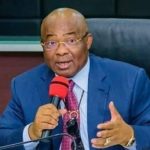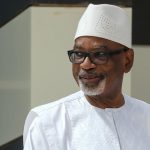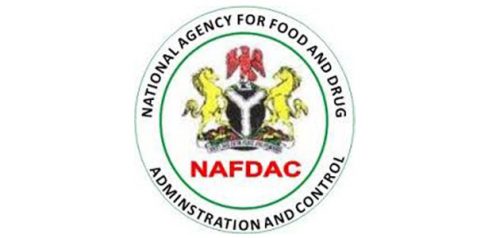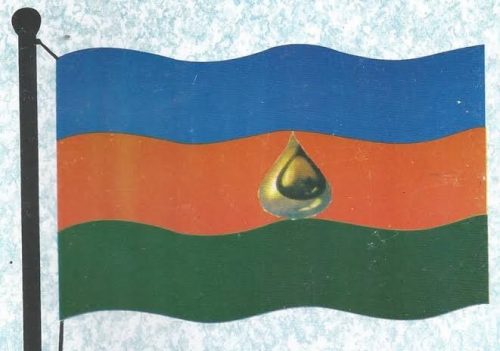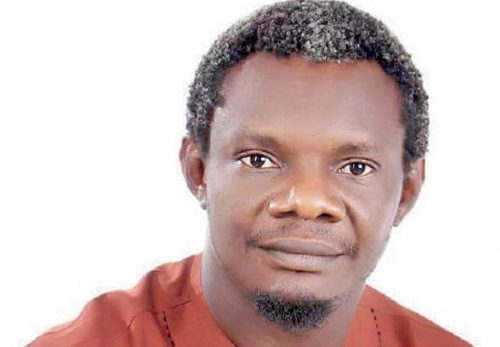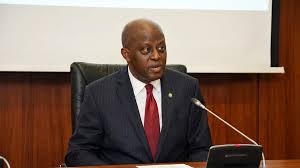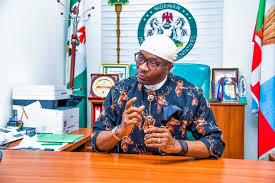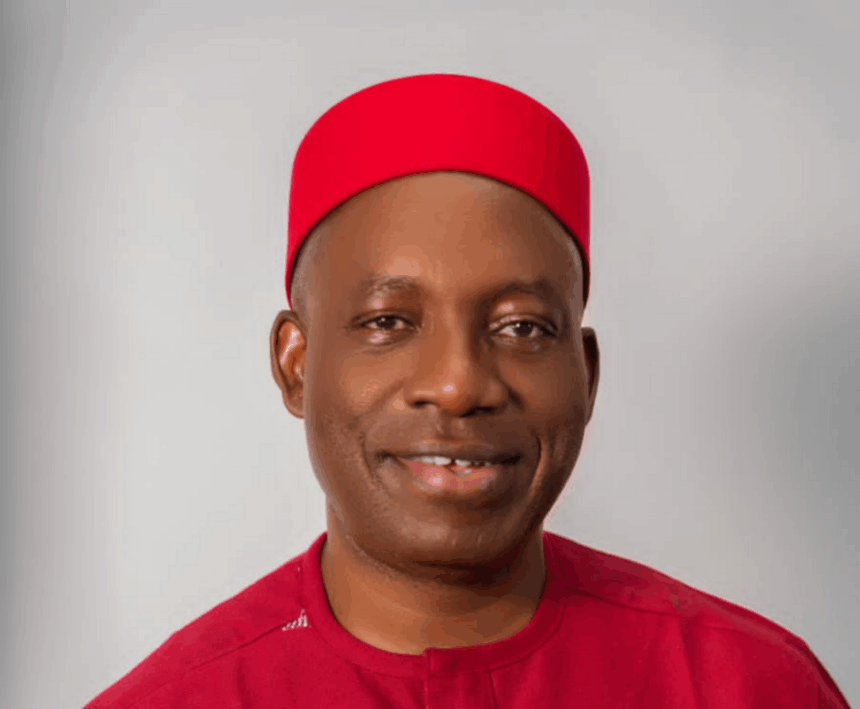Facts to know about Mali crisis

West Africa nation, Mali, has infamously been in the news in recent months following increased agitations for its deposed President, Ibrahim Boubacar Keita to step down from office. Tens of thousands of Malians have taken to the streets in recent months, in protests fueled by pervasive corruption, extreme poverty, and protracted conflict. In the light of recent events, the Economic Community of West African States (ECOWAS), the African Union (AU) as well as other African nations have attempted to intervene and foster reconciliatory talks in the region, all to no avail.
On Tuesday, the crisis reached its climax when mutinying soldiers forcibly ejected President Boubacar Keita from office, fueling further tension in a country already enmeshed in different shades of infighting. As this tension continues to saturate the airwaves, Daily Times takes a look salient facts to know about the ongoing crisis in Mali.
READ ALSO: ECOWAS cut ties with Mali
(1) How it all began: Mali’s recent turmoil began with a 2012 coup, carried out by soldiers opposed to what they saw as a weak response to a growing separatist insurgency by Tuareg rebels in the country’s north. The insurgents were armed with weapons flowing from nearby Libya following the country’s 2011 civil war. Following a consequent breakdown of law and order, Keita was elected in 2013 to foster conciliatory talks.
(2) Further chaos breaks out: In 2015, Keita brokered a deal with some rebel groups, granting the sparsely populated north greater autonomy, but experts faulted the deal for failing to include other armed factions. These include Islamist extremist groups—some linked to al-Qaeda and the self-proclaimed Islamic State—who seized on the chaos of the Tuareg insurgency to launch their own attacks, as well as local militias that have formed to defend themselves in the already exacerbated security vacuum.
(3) Keita’s weakened grip of the country: In 2018, Keita was re-elected for a second term in office, in a vote marred by low turnout and allegations of fraud, which further aggravated the growing frustration among the public, particularly the country’s youth. Nearly half of Malians live in extreme poverty and many are without access to education or employment. The economy, dependent on gold mining and agriculture, is vulnerable to commodity price swings and increasing desertification. Armed groups have drawn upon deep resentment toward the state over rampant corruption and human rights abuses by security forces.
(4) Foreign interventions: Mali’s protracted political crisis is one that has somewhat been impervious to external attempts at conciliatory efforts. France, Mali’s former colonial ruler has been drawn deeply into the conflict. The United Nations, The United States of America, as well as continentally instituted peace-making missions, have all attempted to restore the fractured relationship within the region, all to no avail. On July 19, former Nigerian President, Dr. Goodluck Jonathan, led a mediation team from ECOWAS as a means of resolving Mali’s lingering political crisis. The Jonathan led team recommended the formation of a government of national unity with members drawn from different interest groups in the country, including the ruling coalition, the opposition parties, and the civil society. In spite of this concerted effort to bring the different interest groups in the country to the dining table, relations continued to degenerate.
(5) Keita’s resignation: On Wednesday, August 19, President Boubacar Keita announced his resignation following a violent takeover by the country’s Military. They cited Keita’s disregard for due process and pervasive corruption within his government as the driving force for the coup. The military also promised to oversee the election which would usher in another civilian regime.
(6) Ecowas wields the big stick: Wednesday, the 19th of August also saw ECOWAS swiftly move to cut all ties with Mali. The economic community in a statement released on Wednesday morning announced that it shut down all their land and air borders with Mali after its president announced his resignation in the wake of a military rebellion. ECOWAS further disclosed in the statement that they would also halt trade relations with Mali.
(7) Military takeover: On Wednesday, August 19, the soldiers leading the military coup against Mali’s President Ibrahim Boubacar Keita, who resigned in the early hours of Wednesday, announced they will take “transitional” power.
Colonel-Major Ismael Wague, deputy chief of staff of Mali’s air force, announced on national television the formation of the National Committee for the Salvation of the People (CNSP), which would lead the volatile West African nation until general elections were scheduled.


